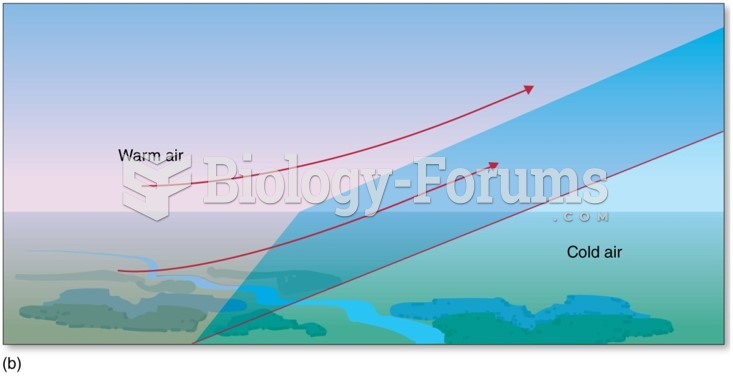|
|
|
Atropine was named after the Greek goddess Atropos, the oldest and ugliest of the three sisters known as the Fates, who controlled the destiny of men.
When blood is deoxygenated and flowing back to the heart through the veins, it is dark reddish-blue in color. Blood in the arteries that is oxygenated and flowing out to the body is bright red. Whereas arterial blood comes out in spurts, venous blood flows.
The first documented use of surgical anesthesia in the United States was in Connecticut in 1844.
There are more sensory neurons in the tongue than in any other part of the body.
When Gabriel Fahrenheit invented the first mercury thermometer, he called "zero degrees" the lowest temperature he was able to attain with a mixture of ice and salt. For the upper point of his scale, he used 96°, which he measured as normal human body temperature (we know it to be 98.6° today because of more accurate thermometers).
 New England children like David, Joanna, and Abigail Mason (painted by an unknown artist around 1670
New England children like David, Joanna, and Abigail Mason (painted by an unknown artist around 1670
 The Kingsley plantation, on Fort George Island in Jacksonville, Florida. Zephaniah Kingsley, the own
The Kingsley plantation, on Fort George Island in Jacksonville, Florida. Zephaniah Kingsley, the own





